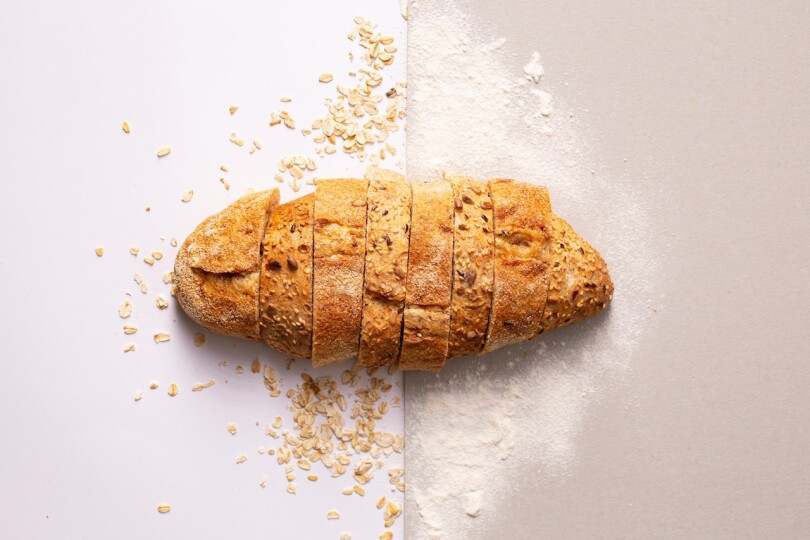3 Innovations from the International Horticultural Expo.
29 Apr 24
Enviro ChatThe Global News Source for the World of Science and Chemicals
23 October 2023
Lab Chat
Over recent years, the Abu Dhabi authorities have worked hard to cultivate a reputation for quality and safety in all products available for purchase in the emirate. This includes rigorous testing protocols for foodstuffs and drinking water, as well as other widespread commodities such as medicines, medical equipment, agricultural produce and construction materials.
Indeed, the labs tasked with carrying out such tests work around the clock to maintain an impeccable level of quality and consistency in all products sold in Abu Dhabi. In the first three months of 2023, almost 20,000 tests were conducted on foods and liquids alone, comprising over a fifth of all tests undertaken during that period.
For over 40 years, the Central Testing Laboratory (CTL) in the UAE capital has been providing its services to ensure all products sold in a wide variety of sectors meet the requisite national and international standards of quality. The CTL also offers additional services, such as specialised training courses, technical consultation expertise, conformity accreditation and applied scientific research projects.
When it comes to food, there are a wide variety of different parameters and metrics which the lab tests for. First and foremost, the produce is assessed to ensure it is safe for human consumption. This involves testing for toxins, bacteria and pathogens, among other contaminants, to guarantee they do not exceed safety thresholds. However, additional testing services have been developed in recent years, including to ascertain whether a specific product is halal or not.
In January, February and March of this year, the CTL – which is overseen by the Abu Dhabi Quality and Conformity Council (QCC) – conducted 19,917 tests on foodstuffs and liquids in the emirate. That’s merely the tip of the iceberg when it comes to the total number of tests carried out, however, comprising just 21.6% of all tests undertaken.
Indeed, food and drink do not even command the lion’s share of tests in the capital. Unsurprisingly, drinking water accounts for the vast majority of QCC tests, equivalent to 60.4% of all tests carried out in the first three months. Environmental testing accounts for 11.2%, while the remaining tests focus on building materials, agricultural products, medicines and healthcare equipment, cosmetics and transformer oils.
The idea behind the tests is to ensure that any time someone buys a product in Abu Dhabi, they can rest assured that they are receiving a quality item in return for their investment. Since manufacturers are well aware of the stringent standards imposed by the emirate, which have been in place for decades now, it’s extremely rare that a subpar product must be withdrawn from the market entirely.
Instead, it’s more likely that a manufacturer may be required to tweak their protocols in order to comply with Emirati legislation, before being allowed to sell their goods once more, or else recall a single faulty batch that falls short of their normal standards. In this way, the UAE continues to establish its reputation for excellence and quality across the board.
DOWNLOAD PDF

2 Day Seminar Program
@ ArabLab+ 2024
24 & 25 September 2024
22 Apr 24
Lab ChatYour stay in Dubai
Labkit
Product News
Chemkit
Product News
Thinking about exhibiting at ARABLAB 2024? Watch our video to find out more.
Join the world’s leading organisations…
Join our mailing list and receive the ARABLAB newsletter and event updates.